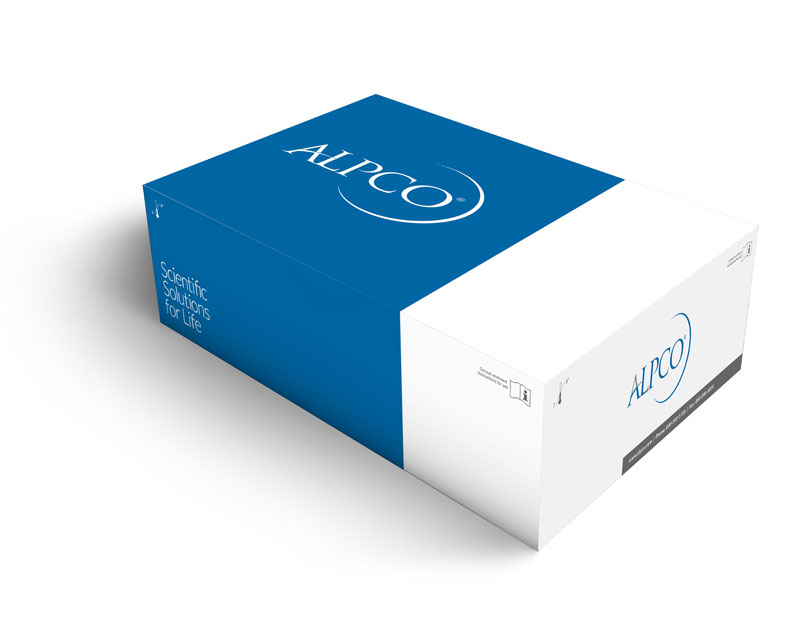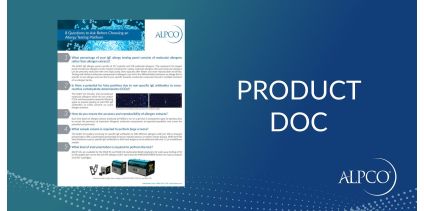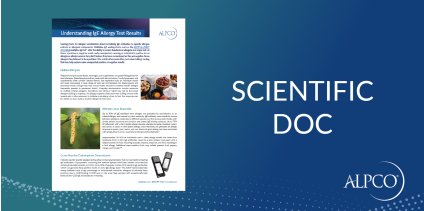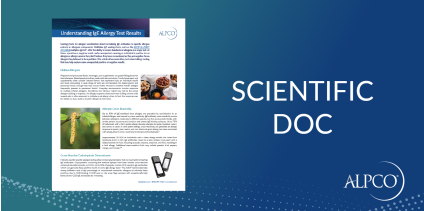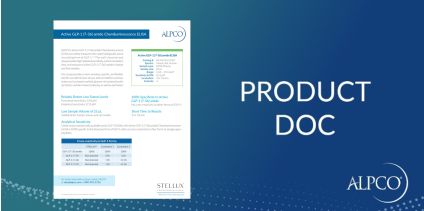Anti-SLA IgG ELISA
$520.00
Catalog
35-SLAHU-E01
Anti-SLA ELISA is a solid phase enzyme immunoassay employing human recombinant SLA/LP for the quantitative and qualitative detection of antibodies against soluble liver antigen (SLA) in human serum. The assay is a tool for the diagnosis of autoimmune hepatitis (AIH). Research Use Only. Not for Use in Diagnostic Procedures.
Species
Human
Regulatory Status
Research Use Only. Not for Use in Diagnostic Procedures.
Range
3 - 300 U/mL
Sensitivity
1.0 U/mL
Sizes
96 Wells
Sample Types
Serum
Inc Time Hour
1
Inc Time Minute
35
Inc Time Overnight
No
Inc Time See Protocol
No
Sample Size
10
Detection
Colorimetric
Autoimmune hepatitis (AIH) is a chronic progressive liver disease of unknown origin that responds well to immunosuppressive therapy but has a poor prognosis if untreated. Early and accurate diagnosis is therefore of great importance. AIH is characterized by histological features of periportal hepatitis in the absence of viral markers, by hypergammaglobulinemia and, in the majority of patients, by the presence of autoantibodies in serum. 70% of all patients have significant titers of anti-nuclear antibodies (ANA), smooth-muscle autoantibodies (SMA), or liver-kidney microsomal autoantibodies (LKM). These antibodies are of diagnostic value for AIH but not specific to the diseases since they occur in 10-15% of patients with viral hepatitis and other immune-mediated diseases. In contrast, antibodies to soluble autoimmune hepatitis and are present in 20% of all AIH patients, many of whom are negative for other autoantibodies. It was shown that anti-SLA and anti-LP are directed against the same antigen and thus are identical. The SLA/LP antigen cloned and sequenced in 2000 is a protein of unknown function, suggested being an UGA-suppressor tRNA-associated protein.
ANA/SMA and anti-SLA positive patients share most clinical, biochemical, histological and prognostic features. Distinction of different subgroups according to autoantibody status is therefore clinically not helpful. However, testing for anti-SLA autoantibodies is very important for the diagnosis of AIH in many patients who are negative for other autoantibodies and may otherwise be misdiagnosed.

